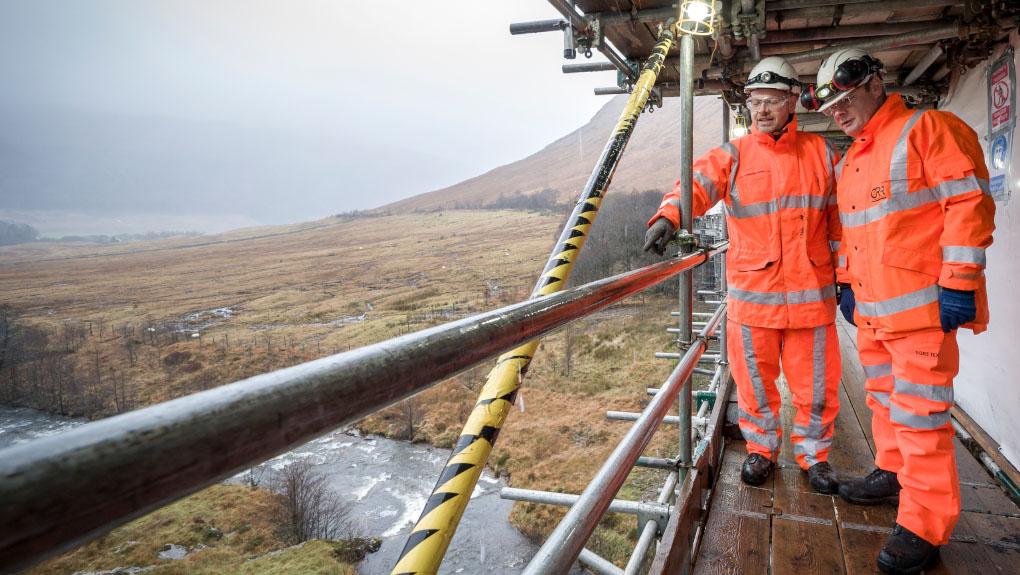
ORR's report says Network Rail has been working on action plans focused on improving the management of earthworks and drainage, originating from recommendations following the Carmont accident in 2020.
ORR notes progress has been made, such as adoption of better weather forecasting, however ORR is telling Network Rail it needs to do more to drive change across its regions.
The report adds that while the regions are committed to maintaining their drainage inventories, completing the work to find ‘lost’ drainage assets has been challenging. The rail regulator also said that in some cases current drainage inspections were not being carried out with suitable rigour and that having dedicated teams would ensure better quality and consistency.
ORR said Network Rail’s drainage management planning has been affected by inadequate staffing levels but the regulator has been assured that the infrastructure manager is committed to fully resourced drainage teams by the end of March 2024.
ORR also called on Network Rail to improve its management of vegetation on buildings and structures, after finding that across three of the regions inspected, Vegetation Management Plans (VMPs), a first step in effective vegetation control, were either absent or incomplete.
Another key theme of today’s report is industry’s responsibilities for looking after its workforce which will in turn support the drive for a safer railway.
Positive actions taken by Network Rail in the past year on this include improving safety for track workers in lookout roles and working on overhead lines.
In particular, ORR has expressed concern about managing fatigue of workers. The regulator said it was encouraged by Network Rail’s recognition that its own fatigue controls required improvement, adding that it intended to issue revised guidance to the sector setting out its clear expectations and understanding of the law.
The report also notes Network Rail is moving forward in developing state-of-the art occupational health services provision, which, for the first time, will offer centralised services to the whole mainline railway.
However, ORR says it is unacceptable that industry has failed to provide adequate toilet facilities for staff, a legal requirement, adding that operators should provide shared access to their own facilities.
Ian Prosser, HM chief inspector of railways, said:
Notes for Editors
- Annual health and safety report
- The Office of Rail and Road (ORR) is the independent economic and safety regulator of Britain's railway - including light rail, trams and heritage. As the health and safety regulator for the rail industry, we deliver advice and enforcement to help ensure the safety of both passengers and workers.

